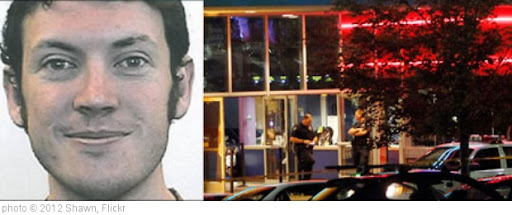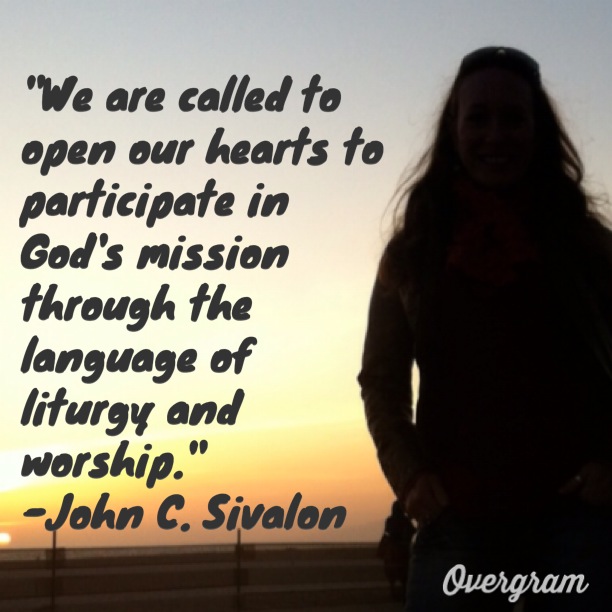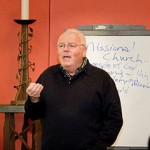As we are all still processing the horrific tragedy of the theater shooting in Aurora, Colorado, I was thankful to read my friend Tripp Fuller’s post this morning “Theology in the wake of Tragedy.”
Tripp is a major proponent of what is known as process theology, but I also know his theology has a chewy missional center, as well. You get four tasty bites of both in his four points of how he approaches situations like this ministerially (listed here along with some of the tastier quotes from Tripp):
- God permits [no, God tolerates] but does not purpose violence and murder. — “The activity of God in all things does not mean God controls everything.”
- God “works in everything for Good,” bringing good out of evil, joy out of sorrow, life out of death; but the work of God “in everything” does not mean that God decreed this event from “before creation” as part of a great “plan” that we cannot fathom. — “Jesus taught us that God is ‘Abba, Father,’ ‘a Motherly Father,’ ‘a Fatherly Mother,’ One who surpasses the best of all parents, an identity which contradicts the assertion that God ‘wills’ the death of any ‘little child.’ God works for good in everything, but the good that God Accomplishes does not nullify the evil done or its devastating consequences.”
- The provision of God assures us of God’s presence but not God’s protection. — “God preserves us whenever possible, and God is ‘with us’ when deliverance proves unavailable. “
- Following Jesus means commitment to the Jesus way of love, the life-style of God’s kingdom, Jesus’ Abba-vision of God. — “We trust the Spirit’s leading in doing God’s will today, and we journey in the hope of resurrection into God’s eternal tomorrow.”
There’s much more to read and digest in Tripp’s full post. I hope you’ll read it!
In a related reflection, Gareth Higgins writes, “There are at least two things each of us can do in response”:
- We can learn to thoughtfully lament, which includes caring for those who suffer; and
- We can learn about how the myth of redemptive violence cannot be challenged by more violence, retribution, and othering. We need to get serious about telling new stories about violence.
So those are at least two practical steps we can take in response, as well as thinking theologically about how we approach those we encounter in our own neighborhoods and communities when other types of tragedy occur.
What are your thoughts/reflections on missional life and ministry in the wake of the Aurora shooting?













